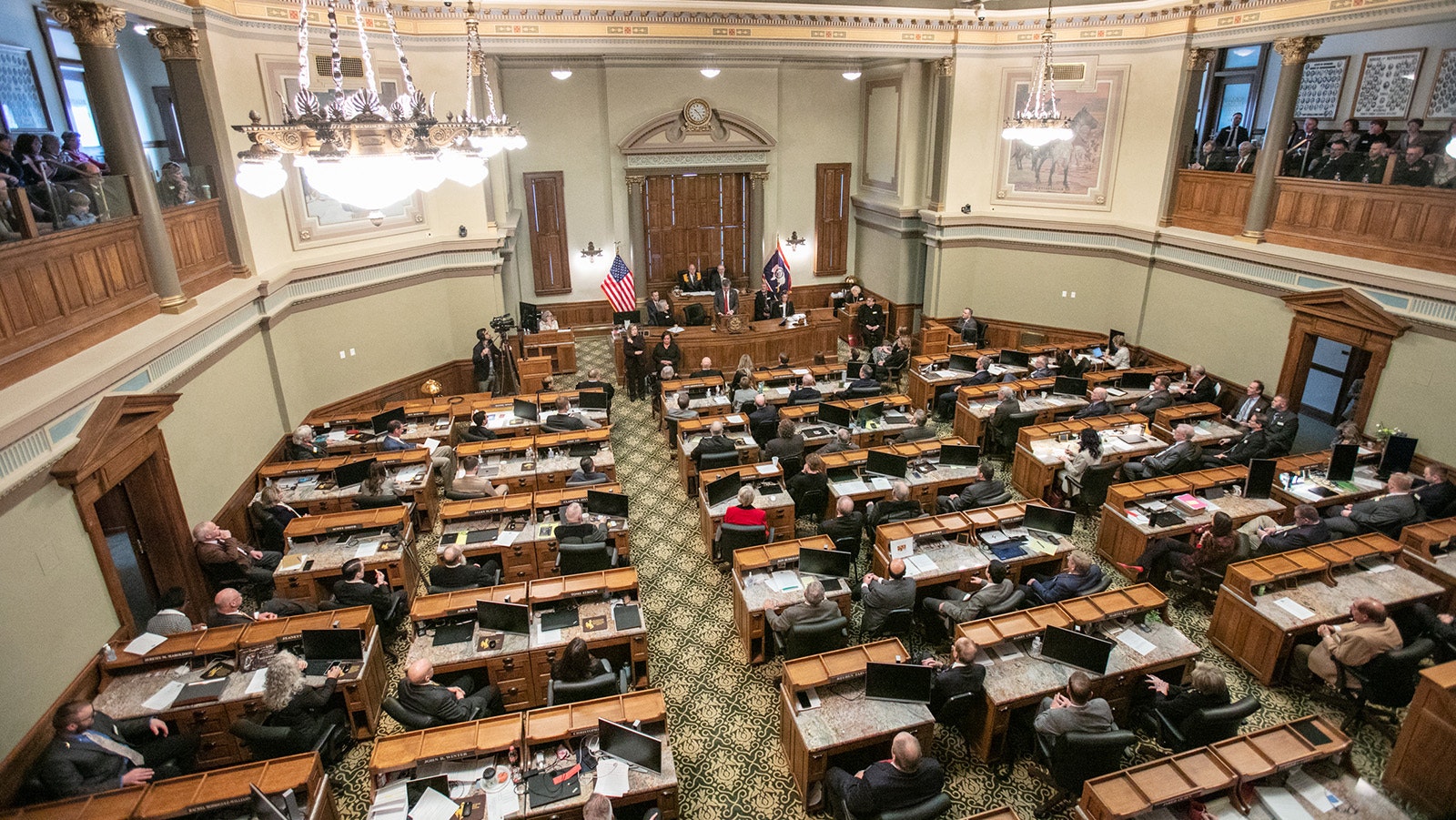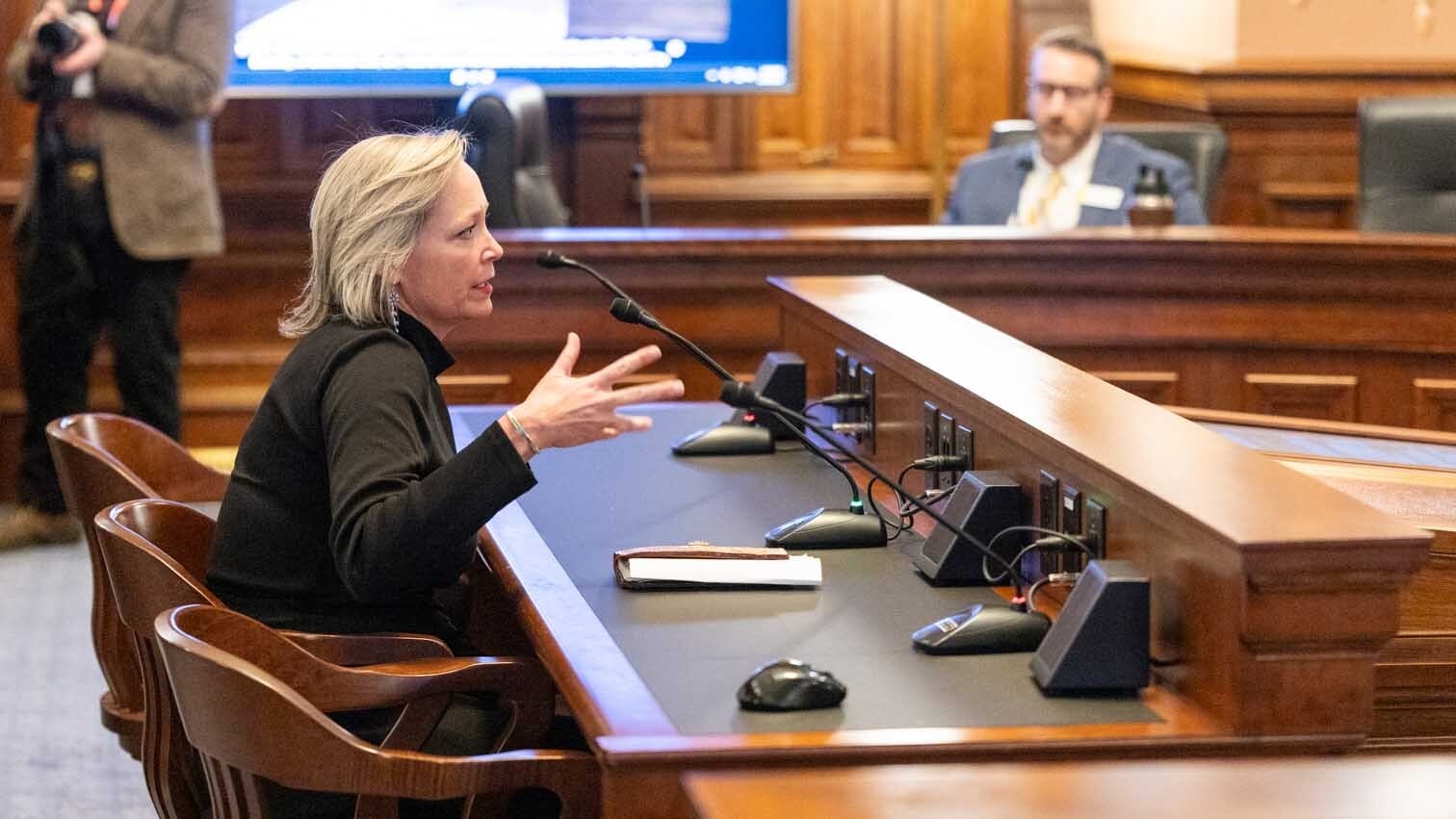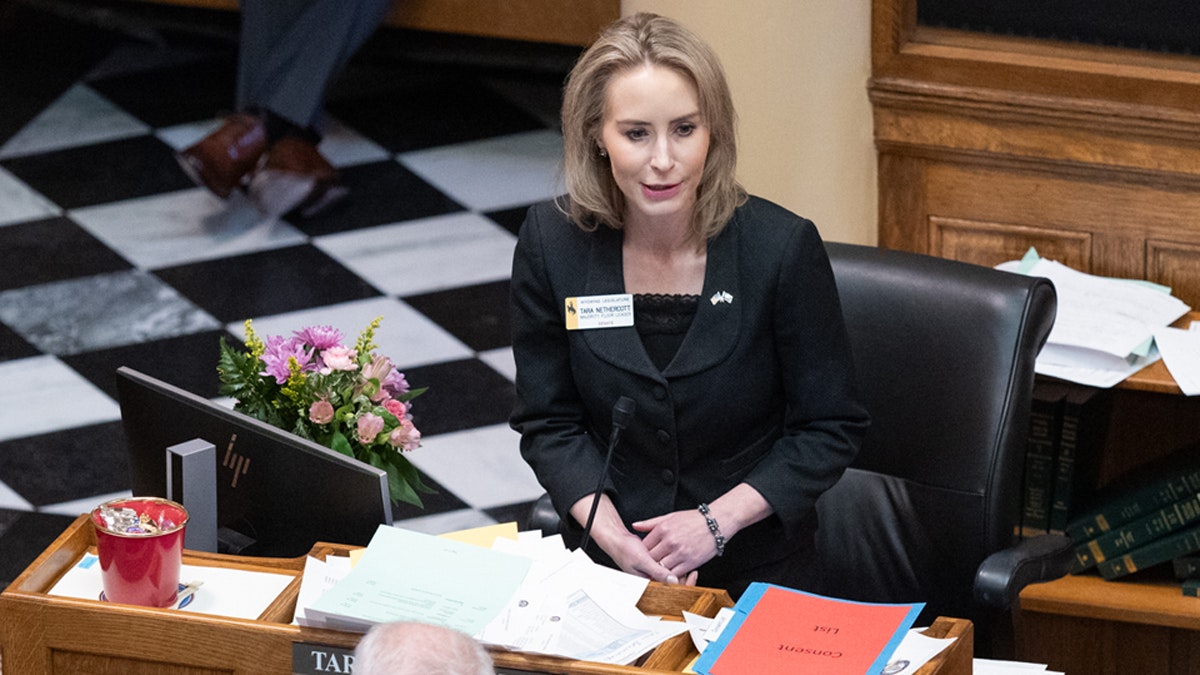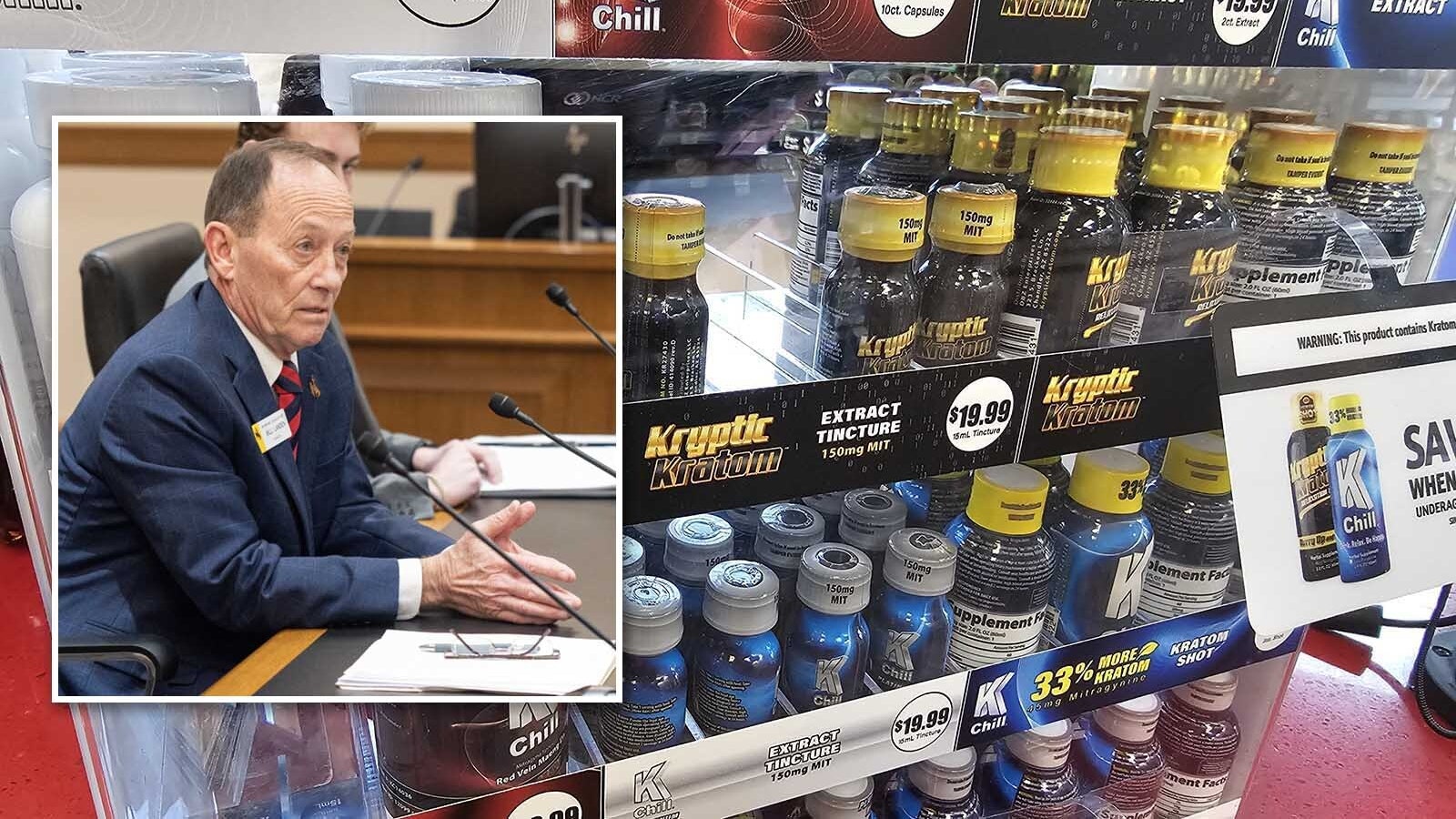A new slate of proposed ethics complaint rules for the Wyoming Legislature would allow for the expulsion of members who are accused or convicted of felonies as private citizens, in and outside of the legislative session.
The current rules address misconduct involving legislative duties, which includes violence or disorderly conduct committed during legislative meetings, sessions or during the performance of legislative duties, or bribes or offers of bribes received.
Over the summer, an Ethics Complaint Subcommittee met to improve the Legislature’s ethics complaint procedures.
The purpose of the Ethics Complaint Subcommittee — made up by state Reps. Clark Stith, R-Rock Springs, Mike Yin, D-Jackson, Dan Zwonitzer, R-Cheyenne; and Sens. Tara Nethercott, R-Cheyenne, Eric Barlow, R-Gillette, and Chris Rothfuss, D-Laramie — was to develop a joint set of rules that could be used by both the state House and Senate for ethics complaints.
“I’m hopeful we can have something that can be adopted this session,” Stith said.
The Senate suspended its ethics complaint rule early last year, but general authority remains in the chamber to discipline its members as necessary, and the Legislature’s general sexual harassment also still applies.
Broaden And Tighten
The drafted rules broaden the scope of conduct for which lawmakers could have an ethics complaint brought against them, such as for felonies and other criminal conduct committed in their private lives.
“We’re trying to deal with the situation where we don’t want a legislator operating a meth lab in their basement at home,” Stith said. “We think that’s conduct for which a complaint should probably be filed.”
Stith said the disgraced former New York congressman George Santos also served as partial inspiration for how the new rules were crafted.
“Whether a conviction should be required is an interesting issue, as evidenced by the George Santos expulsion,” Stith said. “We do not want the ethics rule to be used as a political weapon.”
In Wyoming, all rights to vote and hold public office are automatically lost if a person is convicted of a felony. However, a new law provides non-violent felons with the opportunity to hold office again and serve on a jury after a period of time either equal to the length of their sentence or five years, whichever is less.
Current ethics rules only apply to legislative misconduct and do nothing to address infractions committed outside of the body.
But Stith said taking disciplinary action against and removing legislators from office should almost always be left up to voters, which the new rules also take into account.
The new proposed rules also adopt a more clear procedure for the speaker of the House or Senate president, depending on who the complaint is filed with, to more quickly dismiss frivolous complaints as a way to mitigate the potential of the complaint process being weaponized. Currently, for any ethics complaint filed, a certain process must be initiated.
During a December Management Council meeting, Legislative Service Office (LSO) Director Matt Obrecht commended the subcommittee for striking a balance between outlining a clear process and retaining flexibility for ethics complaints.
The new rules would take a ⅔ vote of approval in both chambers to become enacted.
How It Works
The Joint Rules of the House and Senate address ethics complaints in Rule 22. Whenever an ethics complaint is received, the presiding officer is required to forward the complaint to the appropriate subcommittee of the Management Council to determine whether there is probable cause to institute a formal investigation of the allegation.
All ethics complaints are considered by the Joint Management Council. Investigations into ethics complaints are to be kept confidential until a finding of probable cause is determined. At that point, a special committee can be appointed to formally investigate the complaint if the council wants to move forward with it. The council would then hold public meetings on the complaint.
If a legislator was found guilty of a complaint, they could be expelled from their respective chamber with a ⅔ vote.
According to a Legislative Service Office memo, over the dozen years in which the current ethics complaint rule has been in effect, no complaints have been advanced to the point where a special committee was established to conduct an investigation.
But plenty of ethics complaints were filed last year. During 2023, at least two ethics complaints were filed in the Senate and more than five were filed in the House.
House Speaker Rep. Albert Sommers, R-Pinedale, said during the December meeting that navigating these complaints can be challenging.
“When you’re in that position you realize you need flexibility but you also need some basis,” he said. “It’s not all one thing.”
Sen. Anthony Bouchard, R-Cheyenne, was the target of two ethics complaints last year. Bouchard said legislators should be removed from office if they are convicted of a felony, but he also expressed concern about them being expelled solely on felony accusations or the filing of charges before receiving a conviction.
“It makes it so that they’re selective,” he said.
Stith said as currently written, the rules do not require a felony conviction to be filed, but may be amended to do so.
He also believes there should be a process for prosecuting people who make complaints that later prove to be false, which he views as a threat against a lawmaker.
Bouchard was stripped of his two main standing joint committee and Management Council positions by the State Senate during the 2022 Legislature as a result of a “long pattern” of misconduct, Sen. Larry Hicks, R-Baggs, said at the time.
Leo Wolfson can be reached at leo@cowboystatedaily.com.





